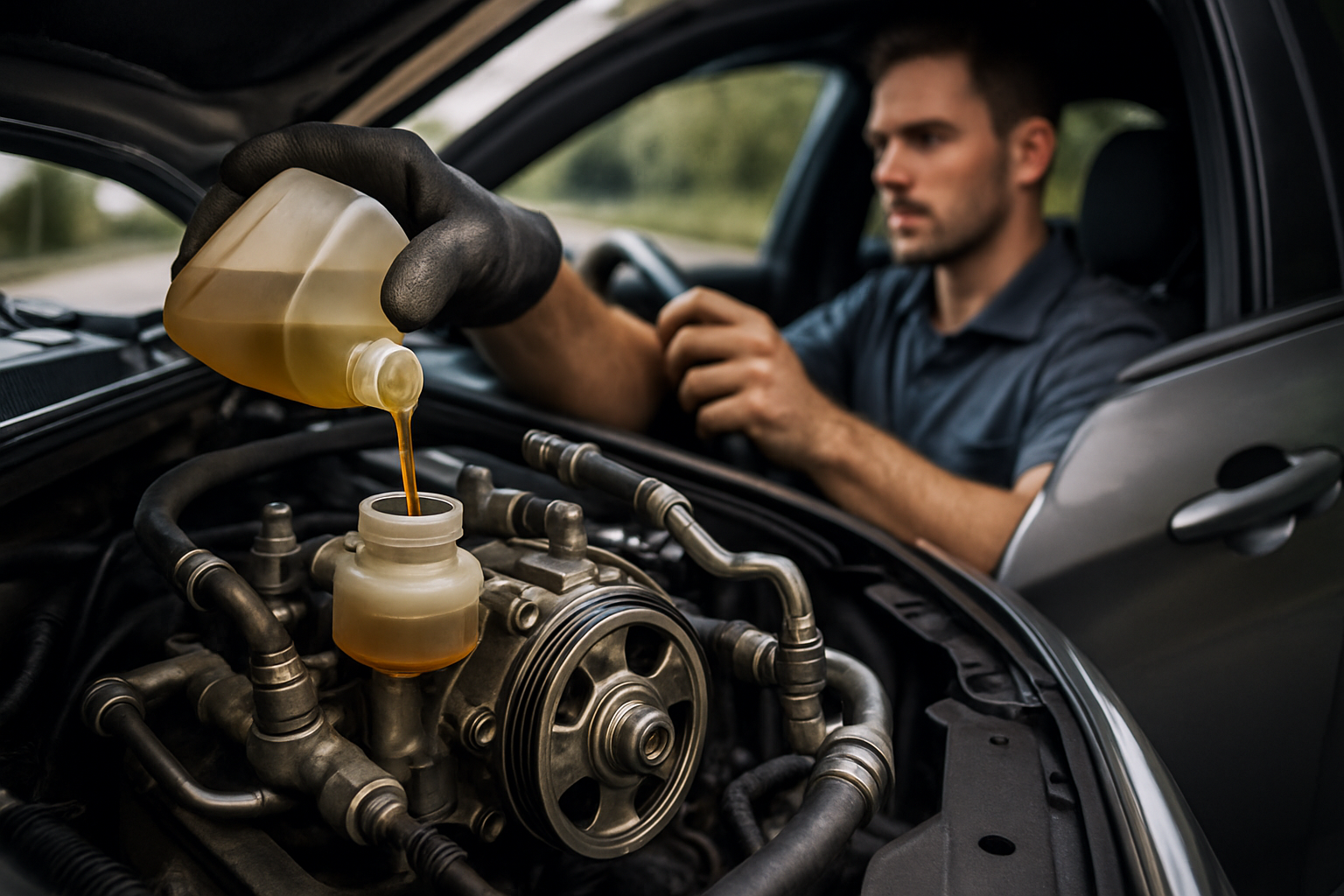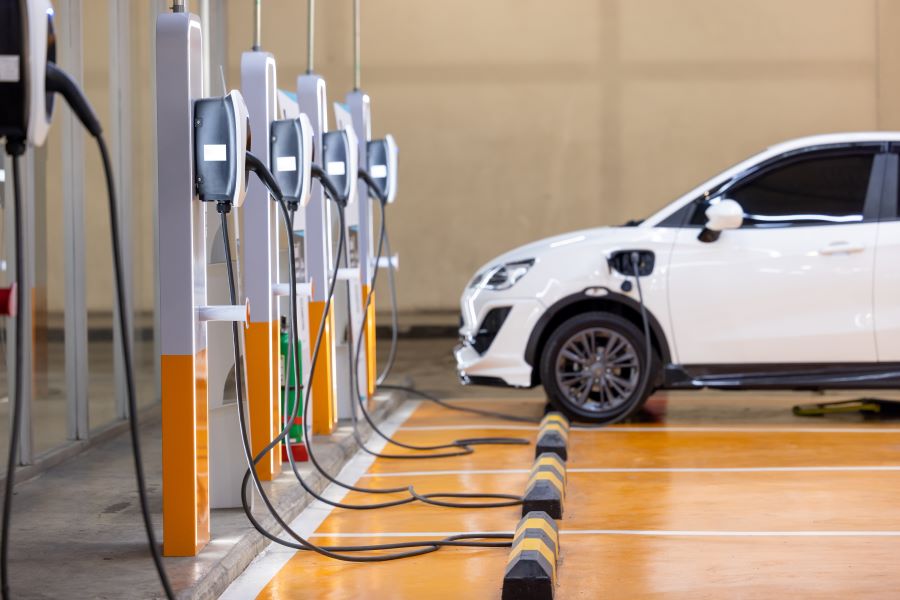Proactive Car Maintenance: Essential Vehicle Care for Long-Term Performance
Regular vehicle maintenance goes beyond fixing problems when they arise—it's about preventing them entirely. Proactive car maintenance involves scheduled inspections, routine service checks, and preventive care that keeps your vehicle running smoothly while avoiding costly repairs. This approach not only extends your car's lifespan but also ensures optimal performance, better fuel efficiency, and enhanced safety on the road.

Maintaining your vehicle before problems develop represents one of the smartest investments any car owner can make. Rather than waiting for warning lights or unusual sounds, proactive maintenance focuses on prevention through regular care and attention to your vehicle’s needs.
What Makes Car Maintenance Proactive
Proactive car maintenance differs significantly from reactive repairs. This approach involves following manufacturer-recommended service schedules, conducting regular inspections, and addressing minor issues before they become major problems. Key elements include oil changes, tire rotations, brake inspections, fluid level checks, and filter replacements performed at specific intervals rather than when problems occur.
This systematic approach helps identify potential issues early, often saving hundreds or thousands of dollars in repair costs. Regular maintenance also maintains your vehicle’s warranty coverage and ensures optimal performance throughout its lifespan.
Essential Components of Proactive Vehicle Care
A comprehensive proactive maintenance program covers several critical systems. Engine oil changes remain fundamental, typically required every 3,000 to 7,500 miles depending on your vehicle and oil type. Tire maintenance includes regular rotation, pressure checks, and tread depth monitoring to ensure even wear and optimal traction.
Brake system inspections should occur annually or every 12,000 miles, checking brake pads, rotors, and fluid levels. Transmission fluid, coolant, and other vital fluids require regular monitoring and replacement according to manufacturer specifications. Air filters, both engine and cabin varieties, need replacement to maintain optimal airflow and interior air quality.
Benefits of Preventive Vehicle Maintenance
Proactive maintenance delivers numerous advantages beyond avoiding breakdowns. Regular care improves fuel efficiency by keeping engines running optimally and maintaining proper tire pressure. Well-maintained vehicles also retain higher resale values, as documented maintenance records demonstrate responsible ownership.
Safety represents another crucial benefit, as regular inspections identify worn brake components, tire issues, or other safety-related concerns before they cause accidents. Additionally, preventive care reduces the likelihood of unexpected roadside emergencies, providing peace of mind during daily commuting and long-distance travel.
Creating an Effective Maintenance Schedule
Developing a personalized maintenance schedule requires understanding your vehicle’s specific needs and driving conditions. Consult your owner’s manual for manufacturer recommendations, then adjust based on your driving habits. City driving with frequent stops and starts typically requires more frequent service than highway driving.
Severe driving conditions—including extreme temperatures, dusty environments, or frequent towing—may necessitate shortened service intervals. Keep detailed records of all maintenance performed, including dates, mileage, and services completed. This documentation proves valuable for warranty claims and helps track upcoming service needs.
| Service Type | Typical Interval | Average Cost Range |
|---|---|---|
| Oil Change | 3,000-7,500 miles | $25-$75 |
| Tire Rotation | 5,000-8,000 miles | $20-$50 |
| Brake Inspection | 12,000 miles | $50-$150 |
| Transmission Service | 30,000-60,000 miles | $150-$400 |
| Coolant Flush | 30,000-50,000 miles | $100-$200 |
Prices, rates, or cost estimates mentioned in this article are based on the latest available information but may change over time. Independent research is advised before making financial decisions.
Professional vs. DIY Maintenance Approaches
While some maintenance tasks suit do-it-yourself approaches, others require professional expertise. Simple tasks like checking fluid levels, replacing air filters, or monitoring tire pressure can be handled by most car owners with basic tools and knowledge. However, complex procedures involving brake systems, transmission work, or engine diagnostics typically require professional service.
Choosing between DIY and professional service depends on your skill level, available tools, and time constraints. Professional service provides expertise and warranty coverage but costs more than self-performed maintenance. Many car owners adopt a hybrid approach, handling simple tasks themselves while relying on professionals for complex procedures.
Proactive car maintenance represents an investment in your vehicle’s longevity, performance, and your personal safety. By following regular maintenance schedules, addressing issues promptly, and keeping detailed records, you can significantly extend your vehicle’s lifespan while minimizing unexpected repair costs. Whether you choose professional service or handle some tasks yourself, consistent attention to your vehicle’s needs pays dividends through reliable transportation and preserved vehicle value.




